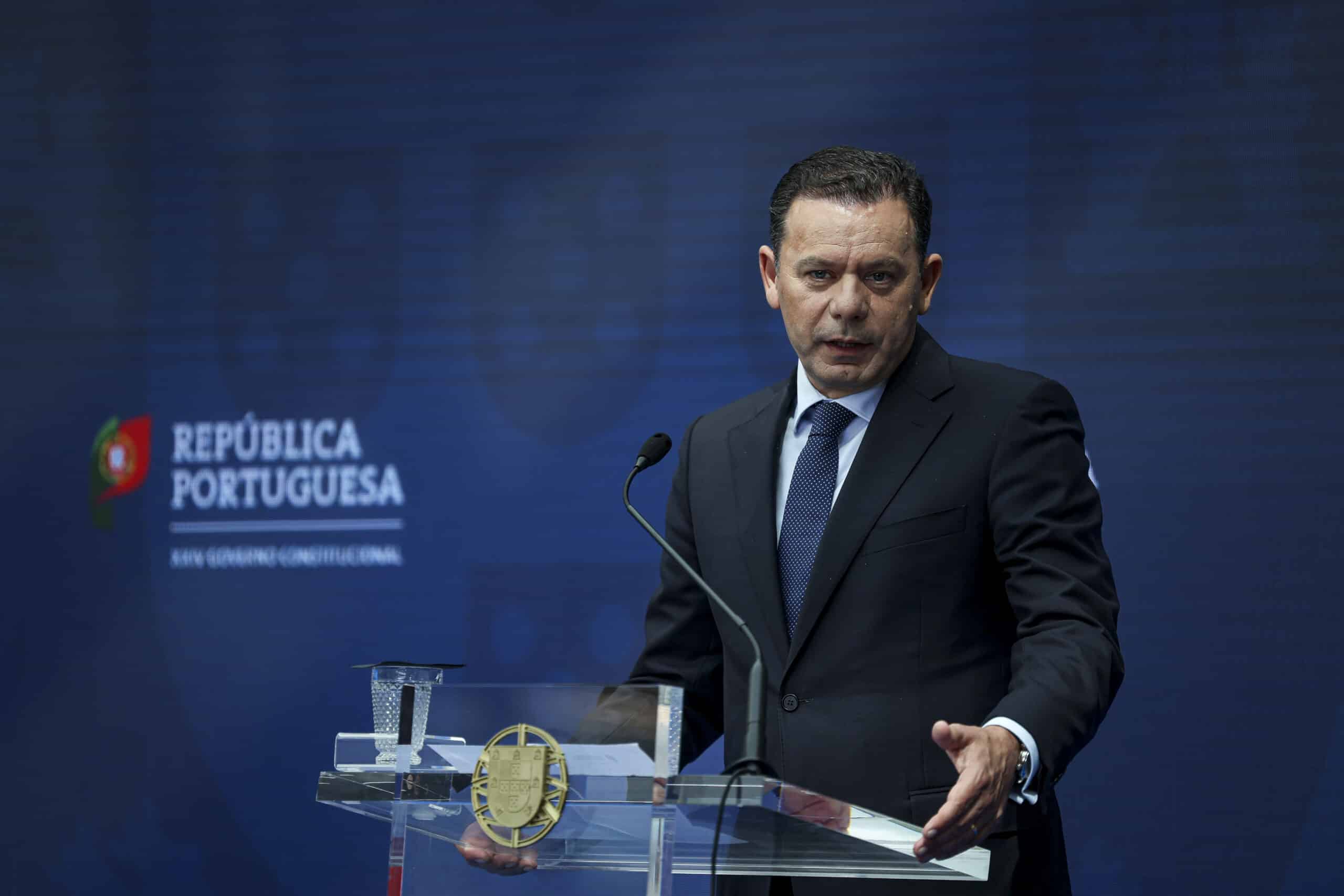Immigration rules are being toughened up
The government has put an end to the exceptional regime that allowed foreigners to enter Portugal and only then apply for a residence permit and announced the creation of a mission structure to settle pending cases, estimated at 400,000.
The Action Plan for Migration, approved on Monday afternoon by the Cabinet, includes the “end of the exceptional regime that allowed entry without rules, extinguishing the so-called expressions of interest procedure”, considered an “open door and the source of a large number of pending cases”.
From now on, it will no longer be possible for a foreigner with a tourist visa to apply for legalisation in Portugal, requiring an employment contract or another solution previously dealt with by the Portuguese consular network.
For this reason, the plan includes “strengthening the response and processing capacity of the consular posts identified as priorities”, with the reinforcement of 45 staff members in 15 countries, a list that includes all the countries of the Community of Portuguese Language Countries (CPLP).
The repeal of articles 88 and 89 of the Foreigners’ Law, which allowed foreign tourists to be legalised in Portugal, will be followed by a “review of the (general) law by parliament” in the coming months.
However, all applications already submitted will be processed, as long as they “have been correctly filled in” or have “more than one year of social security deductions”.
The plan also includes “streamlining and prioritising the channels for immigrants to enter” for family reunification, young students, qualified professionals and nationals of CPLP countries.
The government is committed to renewing expiring documents, which are due to expire this month, and to “streamlining the procedures for granting visas and resident permits” to other Portuguese-speaking citizens.
The plan approved today includes the creation of a “mission structure, with additional human, material and financial resources, made possible by extraordinary hiring measures, which includes officials from the Agency for Integration, Migration and Asylum, AIMA, inspectors from the former SEF [Foreigners and Borders Service] and other professionals to be recruited”.
This mission structure will be responsible for the “expeditious assessment of requests” and for stepping up face-to-face service to resolve existing backlogs.
At the same time, the plan provides for “urgent intervention in existing border control infrastructures, IT systems and databases”, catching up with the delay in implementing the new border control systems (‘smart borders’) and a “system for attracting human capital”, which includes collaboration with “business confederations and associations” to bring in workers needed for the Portuguese economic fabric, although without ever mentioning any quota policy.
Source: LUSA




















